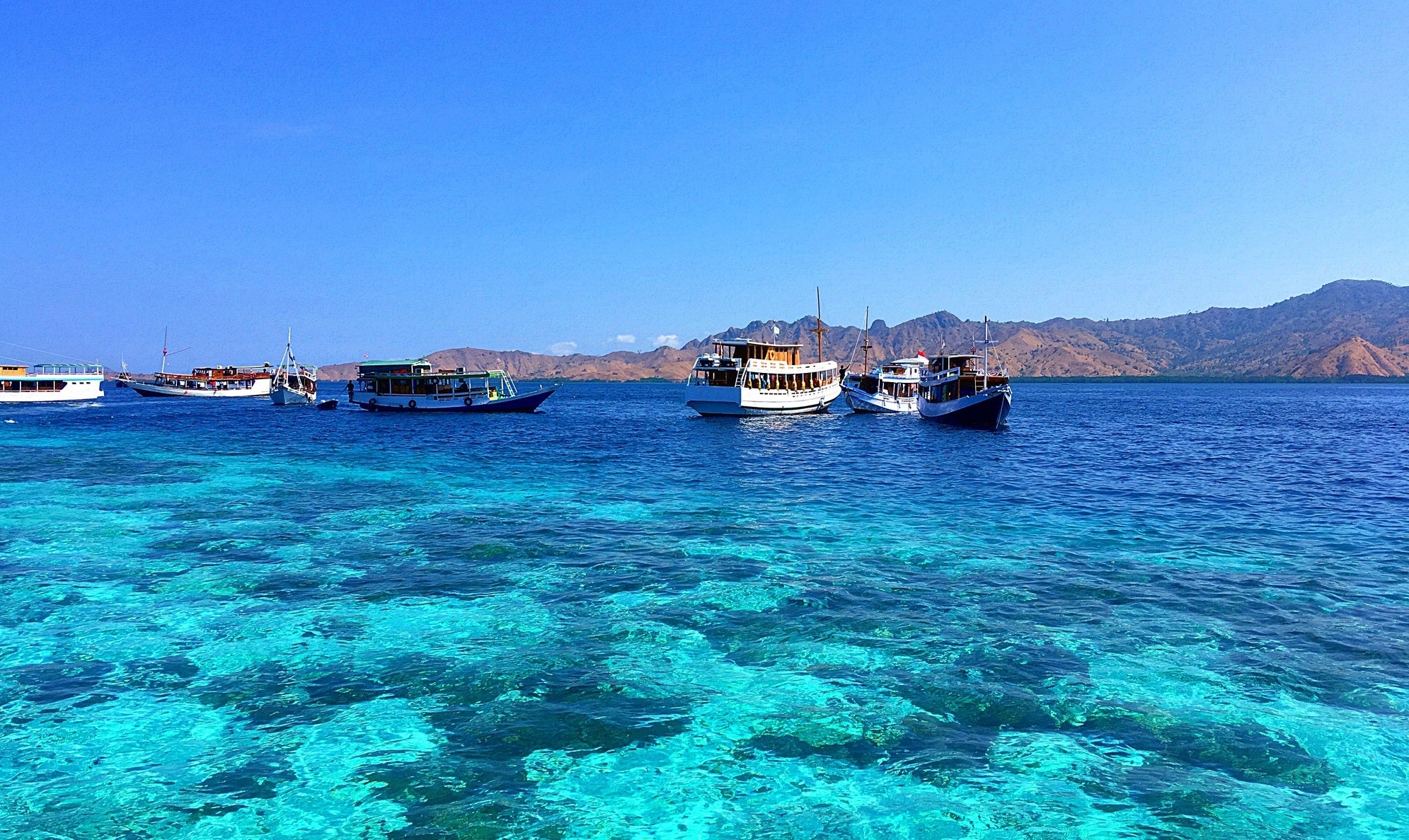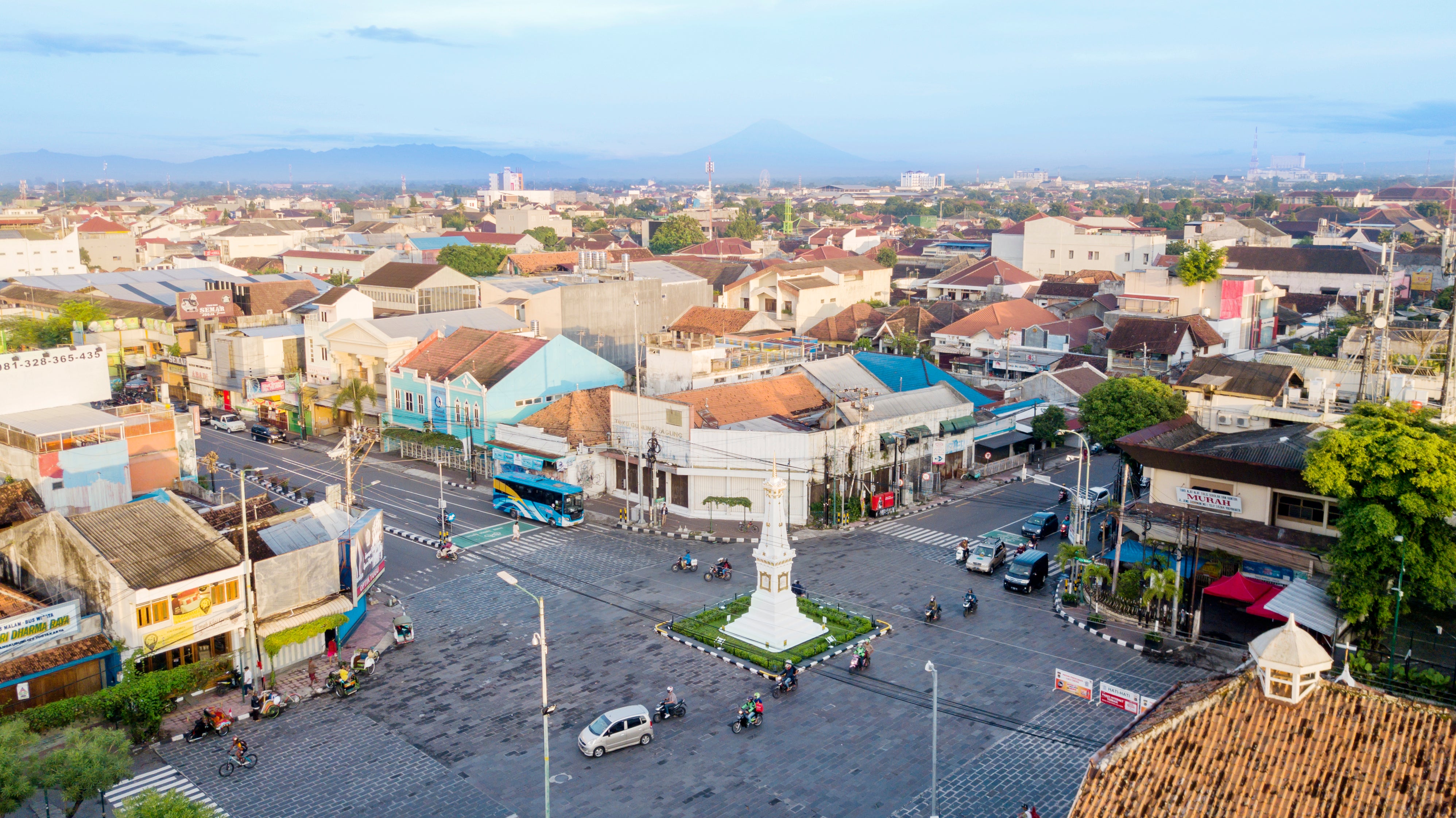Indonesia-Australia economic ties: where is the untapped potential?
With a State Visit by Indonesia's President on Australia's doorstep, Tim Harcourt examines the economic history of Indonesia-Australia ties and explores areas of untapped potential for Australian business
Indonesia is in the press a lot in Australia. Mainly it’s about the 3 B’s – beef, boats and Bali. Illegal immigration, live cattle exports and drug smuggling normally dominate. But how important is the Indonesian trade relationship really? And how can we get successful business stories on the front page instead of the other B’s? Because there’s no doubt that, despite the dominance of security issues and geopolitics, historically, Indonesia and Australia are long-standing economic partners.
In fact, it was symbolic when Scott Morrison first became Prime Minister he visited Indonesia rather than the tradition of Australian Prime Ministers past to go to London or Washington as their first port of call after assuming the highest office in the land. Malcolm Turnbull and Paul Keating did the same thing and visited Jakarta first.
A history of strong economic ties
There is strong evidence of Australia supporting Indonesia in the past as an economic partner and vice versa. After all, Indonesia is probably the Australian continent’s first trading partner when indigenous Australians fished and traded sea cucumber and other goods with their Makassan counterparts (Makassar is in the southwest of what is now called Sulawesi).
And in the 1940s in the early struggles for Indonesian independence, Australia was there working together with Indonesia on trade, investment and education ties. This is demonstrated by the recollection of an early instigator of Indonesian-Australian trade relations, the famous Australian labour economist and arbitrator, Joe Isaac.
According to Professor Joe Isaac who went on MacMahon Ball’s mission to what was then called Batavia (Jakarta) in the Dutch East Indies in November 1945, Australia’s ties were strong right from the start of the Indonesian independence struggle against the Dutch soon after the Japanese surrender in World War Two. As Isaac recalls:

“We were able to meet Sukarno soon after our arrival, and we met twice thereafter … Mac outlined the purpose of his mission and that Australia was sympathetic to the political aspirations of the Indonesians, and he canvassed Sukarno’s reaction to the dispatch by the Australian Government of a boatload of medical supplies. No doubt thinking of the action of the Australian waterside workers (who refused to load Dutch ships hostile to Indonesian independence) Sukarno expressed gratitude for the support of the Australian people.”
This support was a big deal at the time for the newly independent nation in South East Asia. As Isaac notes, the famous Australian diplomatic-academic Indonesian specialists Tom Critchley and Jamie Mackie “attribute the Indonesian Government’s confidence in nominating Australia to the Good Offices Committee to the action of the waterside workers in banning the loading of Dutch ships and to the support Australia had shown for Indonesia in the UN Security Council.”
Economic storms and successes
Closer Indonesian Australian economic ties also continued 50 years later during the Asian financial crisis of 1997-99 when the Reserve Bank of Australia (particularly thanks to Deputy Governor Stephen Grenville, who has been a diplomat in Jakarta) clashed with the IMF and Clinton administration in their analysis of the Indonesian economy.
The then Treasurer Peter Costello took Grenville and Governor Glenn Stevens’ advice on Indonesia and stared down the IMF and the Clinton Administration’s economics team and took a very different tack to the Indonesian economy than Washington. As a result, the Indonesian economy fared much better, recovered quickly and avoided the pitfalls of other developing economies who took the IMF prescription.
'The Australian-Indonesia economic partnership has a lot of potential to grow beyond the 3’Bs – beef, boats and Bali headlines'
TIM HARCOURT
As a result, in 2018, Indonesia is a top-15 trade partner with Australia (worth $16.5 billion in two-way trade) and a vital education partner. A number of Australian businesses have succeeded in the archipelago. As well as big names like ANZ, Leighton Contractors, Commonwealth Bank, Orica and BlueScope Steel and more than 2400 Australian businesses export goods alone to Indonesia – and many corporates have received rates of return four times that of China and India.
Capitalising on untapped potential
In some ways, Indonesia is underdone as an economic partner for Australia compared to the giants of China and India, and the more mature economies of ASEAN like Singapore and Thailand as well as our longstanding North-East Asian partners in Japan and South Korea.
For instance, despite Indonesia’s massive size (some 262 million people), there are only 250 Australian companies with a presence in Indonesia (compared to more than 3000 in other markets like China). Indonesia has never been a low-cost labour country, and foreign companies have mainly gone there for the massive domestic consumer market, especially the urban middle class in cities like Jakarta, Yogyakarta and Surabaya. And much Australian investment is in infrastructure given the logistical challenges of a huge population living across more than 17,000 islands.
As a result, many Australian companies enter Indonesia via an alliance with a local partner. For instance, Telstra set up a partnership with Telkom Indonesia. Telstra’s Erik Meijer, a long-time Jakarta resident of Dutch background explains that a partnership gives you “access to local infrastructure, local networks and relationships.

Similarly, Australian health care company Blackmores has its alliance with Indonesia’s Kalbe which has a chain of pharmacies across the archipelago. Blackmores Dean Garvey says Kalbe helps Blackmores “to understand the retailer and to access their social media networks” whilst Kalbe’s Ongkie Tedjasurja says they were attracted to Blackmores “quality, innovation and R&D.”
Indonesia has a growing middle class and has recovered from the dark days of IMF intervention in 1997-99 and as one of the world’s largest and youngest democracies. But economically, it still needs to trade and foreign investment to help build capacity from its partners including Australia. And given its size and proximity, the Australian-Indonesia economic partnership has a lot of potential to grow beyond the 3’Bs – beef, boats and Bali headlines.
Top 5 tips for understanding and working with Indonesia
- Understand diversity – it’s an amazing archipelago
- Don’t let Jakarta overwhelm you; there’s an active Australian business community so join the Indonesian Australian Business Council
- Appreciate custom and religion. In rural areas and cities outside Jakarta drinking alcohol at business meetings is not acceptable.
- Notice customs like removing shoes, female-male contact/etiquette et cetera
- Enjoy the lively Indonesian culture and sense of humour.
Tim Harcourt is the J.W.Nevile Fellow in Economics at UNSW Sydney and host of The Airport Economist TV show and The Airport Economist Podcast.
